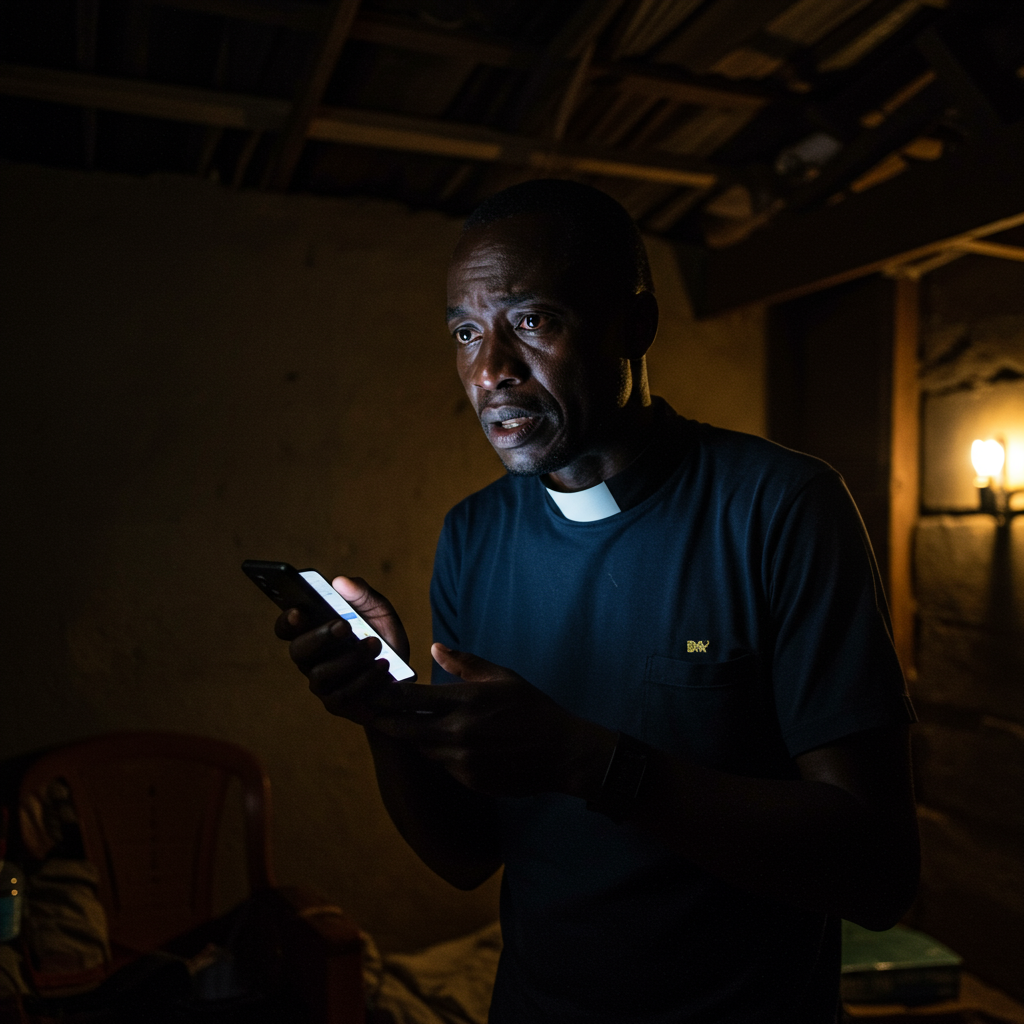The tragic death of 23-year-old Paloma Shemirani has cast a harsh spotlight on the dangerous influence of medical misinformation. Her brothers, Gabriel and Sebastian Shemirani, hold their mother, prominent conspiracy theorist Kate Shemirani, responsible for Paloma’s decision to refuse life-saving conventional cancer treatment, a choice they believe ultimately cost her life.
Paloma, a bright Cambridge graduate, was diagnosed with non-Hodgkin lymphoma in late 2023. Doctors delivered a clear prognosis: with chemotherapy, she had a high chance – an 80% survival rate – of recovery. However, just seven months later, in 2024, Paloma died after opting against the recommended treatment.
A Family History Steeped in Conspiracy
Gabriel and Sebastian Shemirani describe a childhood where exposure to conspiracy theories was commonplace. Influenced first by their father and later their mother, outlandish ideas – from the Royal Family being “shape-shifting lizards” to the Sandy Hook shooting being staged – formed the “soundtrack” to their lives, Gabriel recounts. As young children, they accepted these views as truth, trusting their parents.
Kate Shemirani, a former nurse, saw her anti-medicine views intensify after her own breast cancer diagnosis in 2012. Although she underwent surgery to remove a tumour, she publicly champions alternative therapies like juices and coffee enemas for her recovery, styling herself online as “the Natural Nurse.” This history, her sons believe, solidified her harmful views.
Kate Shemirani rose to wider notoriety during the Covid-19 pandemic, promoting dangerous misinformation about the virus and vaccines, leading to her being struck off the nursing register in 2021. Despite temporary bans from social media platforms, her influence has grown again, partly due to policy changes on sites like X (formerly Twitter). The BBC found she now actively encourages people, including those with cancer, to contact her online, with her content viewed millions of times in recent months.
The Hospital Bed Intervention
When Paloma received her diagnosis, she informed her mother. Her then-boyfriend, Ander Harris, was with Paloma and has shared messages revealing her complex relationship with her mother, marked by moments of care but also toxicity and abuse. Despite this, Paloma still sought her mother’s support during her diagnosis.
Evidence seen by the BBC indicates Kate Shemirani actively influenced Paloma during her two-day hospital stay. Kate texted Ander explicitly stating: “TELL PALOMA NOT TO SIGN [OR] VERBALLY CONSENT TO CHEMO OR ANY TREATMENT.”
Ander and his mother raised concerns with hospital staff about Kate Shemirani’s beliefs and potential influence. Medical staff documented “a concern regarding parental influence” but ultimately assessed Paloma as having the capacity to make her own decisions as an adult.
Paloma also sought advice from Patrick Vickers, a former partner of her mother and an alternative health practitioner. When asked about the doctors’ “80% chance of cure” figure with chemotherapy, Mr. Vickers allegedly told Paloma it was “exaggerated.” He encouraged her to start Gerson therapy instead, suggesting she might consider chemotherapy later if symptoms didn’t improve. Mr. Vickers denies playing a role in her death.
Turning to Unproven Alternative Therapies
Paloma reportedly expressed worry about chemotherapy’s side effects (fatigue, sickness, hair loss, fertility impact). However, she ultimately decided against it, at least initially, choosing to pursue Gerson therapy.
Gerson therapy involves a strict plant-based diet, juices, supplements, and coffee enemas. It’s promoted online as a cancer treatment despite a complete lack of scientific evidence supporting its effectiveness. Cancer Research UK warns this method can cause serious side effects, including dehydration, bowel inflammation, and heart/lung problems – risks potentially as severe or worse than those associated with conventional treatment.
Friends observed Paloma’s health deteriorating significantly while she followed this path. One friend, Chantelle, recalls Paloma mentioning a new lump, which her mother claimed meant the cancer was leaving her body – a dangerous misinterpretation of symptoms. Paloma confided she was struggling and had lost control of bodily functions.
Chantelle believes Paloma felt pressured by both conventional medical advice and her mother’s alternative approach. While she disagreed with the alternative therapy, Chantelle remained supportive, noting Paloma mentioned “cutting off” people who tried to change her mind. Chantelle strongly feels her mother’s influence was paramount: “I don’t think her ideology was strong enough to make those decisions… I think her mum played a massive, massive role.”
Other friends and family also felt Kate Shemirani was isolating Paloma. Gabriel recounts asking to meet his sister, only to be told she couldn’t go out due to “bad air,” a fear instilled by their mother.
The Tragic Outcome and a Warning
Gabriel and Sebastian became so worried they initiated legal action seeking a medical assessment for Paloma, not arguing she lacked capacity, but concerned about appropriate treatment. However, events moved too quickly. The case ended without conclusion in July 2024 because Paloma had died in March. Gabriel learned of her death days later from their lawyer.
Paloma suffered a heart attack caused by her tumour. She was taken to hospital, but after several days, life support was withdrawn. An inquest is scheduled to establish the circumstances surrounding her death.
For Gabriel and Sebastian, Paloma’s death is devastating. Sebastian describes it as “a direct consequence of my mum’s actions and beliefs.” They are speaking out, partly through the BBC Panorama investigation and a related podcast, hoping to prevent other families from enduring similar pain and loss.
The Wider Peril of Misinformation
Experts warn that the spread of medical misinformation is an increasing problem, making it harder for people to trust established science and potentially leading them away from effective treatments. Oncologist Dr. Tom Roques notes that prominent figures promoting unscientific views exacerbate the issue, making it easier for others to spread false information and increasing the risk of people turning to harmful alternative treatments.
This tragic case stands in stark contrast to instances where public health awareness campaigns, championed by figures like actor Colin McFarlane speaking about prostate cancer, have demonstrably saved lives by encouraging timely, evidence-based medical checks. Such initiatives highlight the powerful positive influence public figures can have when promoting established health guidance, unlike the negative impact seen when misinformation prevails.
Furthermore, while Paloma’s case involved rejecting conventional treatment, it’s crucial to recognise that mainstream medicine is continually innovating to improve diagnosis and care. For example, less invasive screening methods like a new ‘pill-on-a-thread’ test for oesophageal cancer are being trialled, aiming to catch illnesses earlier and potentially reduce the need for aggressive treatments later on – a path Paloma tragically did not take.
Despite the overwhelming grief and the brothers’ public statements, Kate Shemirani has not responded directly to the allegations. Instead, she has publicly blamed the NHS for Paloma’s death, promoting unproven theories online that her daughter was “murdered” by medical staff. She and Paloma’s father claim evidence exists of death caused by “medical interventions given without confirmed diagnosis or lawful consent,” though the BBC has seen no evidence to support these counter-claims. Kate Shemirani continues to promote products and consultations online.
Paloma’s death serves as a stark warning about the potentially fatal consequences of believing and promoting anti-medicine conspiracy theories in the digital age, underscoring the urgent need for greater action against medical misinformation online.



